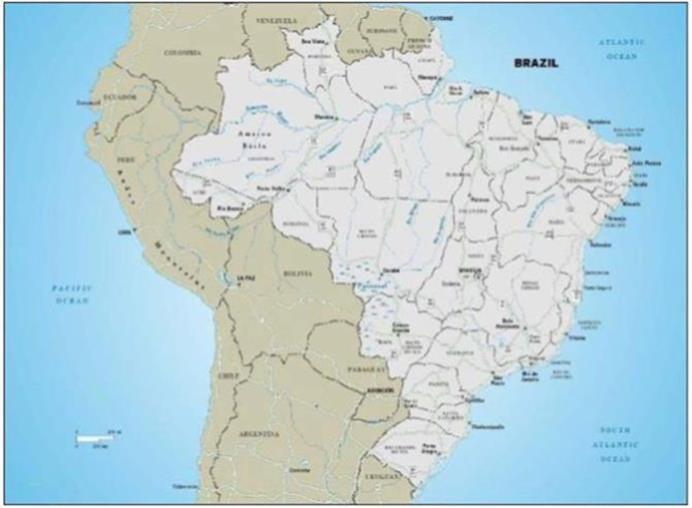Cabinet Changes
On April 24, 2020, Sergio Moro resigned as Minister of Justice and Public Security, and he was replaced by André Mendonça on April 29, 2020. In the context of his resignation, Sergio Moro made allegations of criminal activity against President Jair Bolsonaro. On April 27, 2020, the Supremo Tribunal Federal (“STF”), Brazil’s Supreme Court, approved a request by the Attorney General to investigate Sergio Moro’s allegations. The investigation is ongoing and is under STF supervision.
On April 17, 2020, Nelson Teich took office as the Minister of Health, replacing Luiz Henrique Mandetta. On May 15, 2020, Nelson Teich resigned and on June 2, 2020, Eduardo Pazuello took office as the Interim Minister of Health.
On June 18, 2020, Abraham Weintraub resigned from his position as the Minister of Education. On July 10, 2020, Milton Ribeiro took office as the Minister of Education.
Employment and Labor
Employment Levels
As of June 30, 2020, formal employment decreased by 0.03% as compared to May 31, 2020, resulting in a loss of 10,984 jobs. From January 1, 2020 to June 30, 2020, 1,198,363 jobs were lost, compared to the creation of 408,500 jobs from January 1, 2019 to June 30, 2019.
In the first quarter of 2020, the unemployment rate in Brazil was 12.2%, an increase of 1.3% compared to the fourth quarter of 2019 and a decrease of 0.5% compared to the first quarter of 2019.
Wages
As of February 1, 2020, the minimum monthly wage for 2020 was set at R$1,045.00, representing an increase of 4.7% compared to the 2019 minimum monthly wage of R$998.00.
The budgetary guidelines for 2021, sent to Congress on April 15, 2020, forecast minimum wage adjustments in accordance with the National Consumer Price Index (Índice Nacional de Preços ao Consumidor or “INPC”) based on the preceding 12-month period, with a resulting minimum monthly wage estimated at R$1,079.00. The Brazilian constitution (“Constitution”) provides for the mandatory adjustment of the minimum wage to enable basic acquisition power. Law No. 13.152/2015, which established yearly minimum wage adjustments, expired at the end of 2019.
Social Security
As of June 30, 2020, (i) the monthly benefits accumulated in the preceding 12-month period paid by the Brazilian Social Security System increased by 10.3% compared to the immediately previous period and (ii) the Brazilian Social Security System’s payments increased by 36.6% compared to June 30, 2019 (in real terms).
In 2020, the monthly lower and upper limits of the social security pensions paid to private sector retirees are R$1,039.00 and R$6,101.06, respectively.
THE FEDERATIVE REPUBLIC OF BRAZIL
Geography and Population
On March 17, 2020, the 2020 census, which was scheduled to be held from August through October 2020, was postponed to be held from August through October 2021.
THE BRAZILIAN ECONOMY
The economy in 2020 has been, and continues to be, adversely affected by COVID-19. See “Recent Developments—COVID-19 Developments.”
Economy in 2020
Gross Domestic Product
In the first quarter of 2020, GDP decreased by 1.5% compared to the fourth quarter of 2019. Compared to the first quarter of 2019, GDP increased by 0.9% in the first quarter of 2020 measured on a cumulative 12-month basis.
The GDP results from the first quarter of 2020 were mainly influenced by the industrial and service sectors, which decreased by 1.4% and 1.6%, respectively, compared to the fourth quarter of 2019.
Principal Sectors of the Economy
Agriculture and Livestock
As of June 2020, based on the 2019/2020 harvest, Brazil accounted for 38.6% of the global coffee production, 29.8% of global coffee exports, 36.1% of global soybean production, 51.2% of global soybean exports, 21.0% of global sugar production and 44.2% of global sugar exports.
In 2020, Brazil produced 10.0 billion tons of beef and exported 2.5 billion tons, accounting for 23.5% of global beef exports.
D-6

